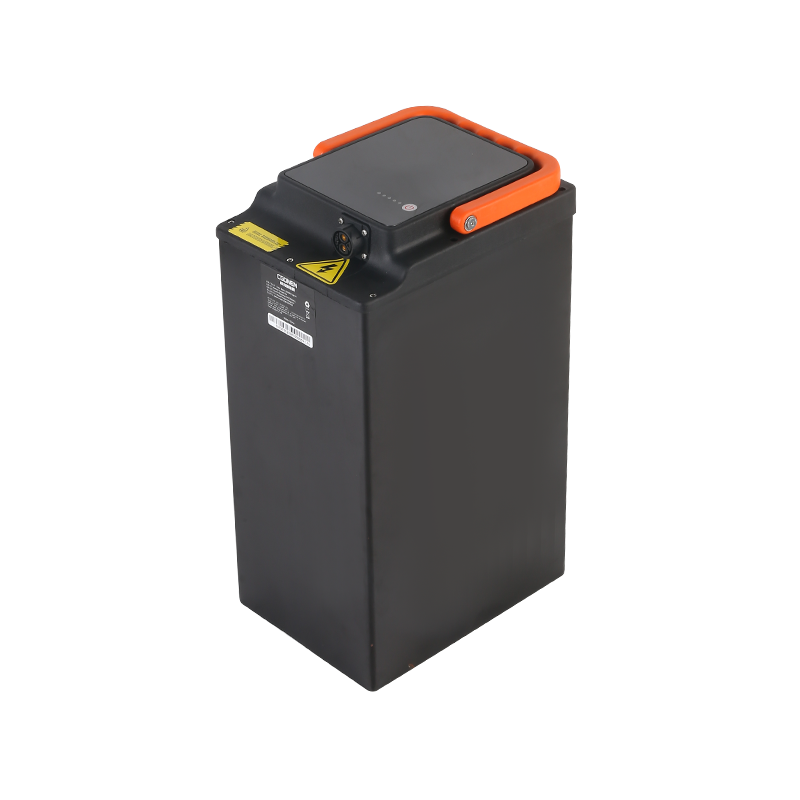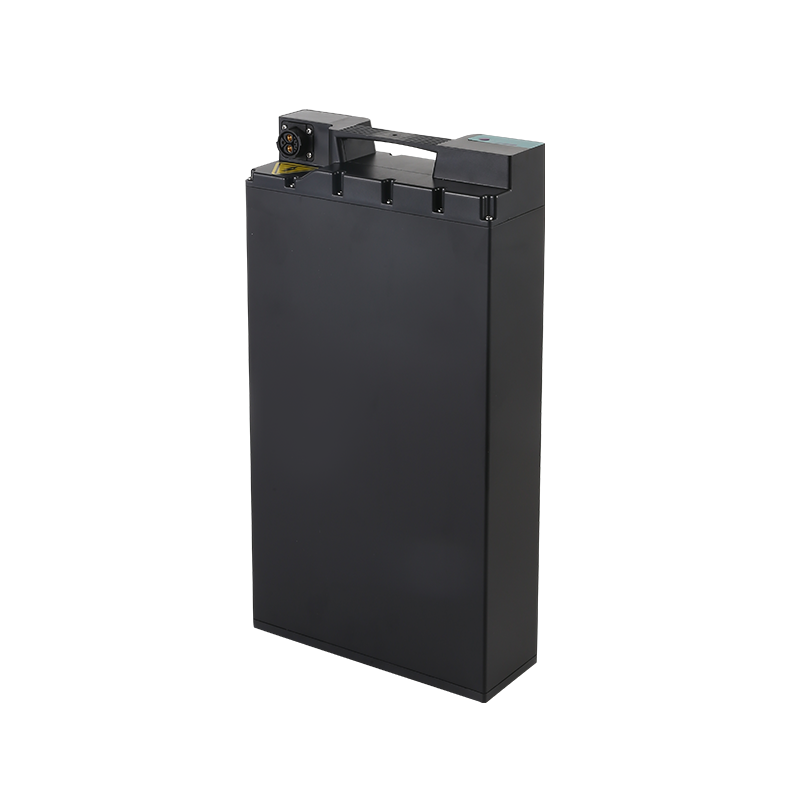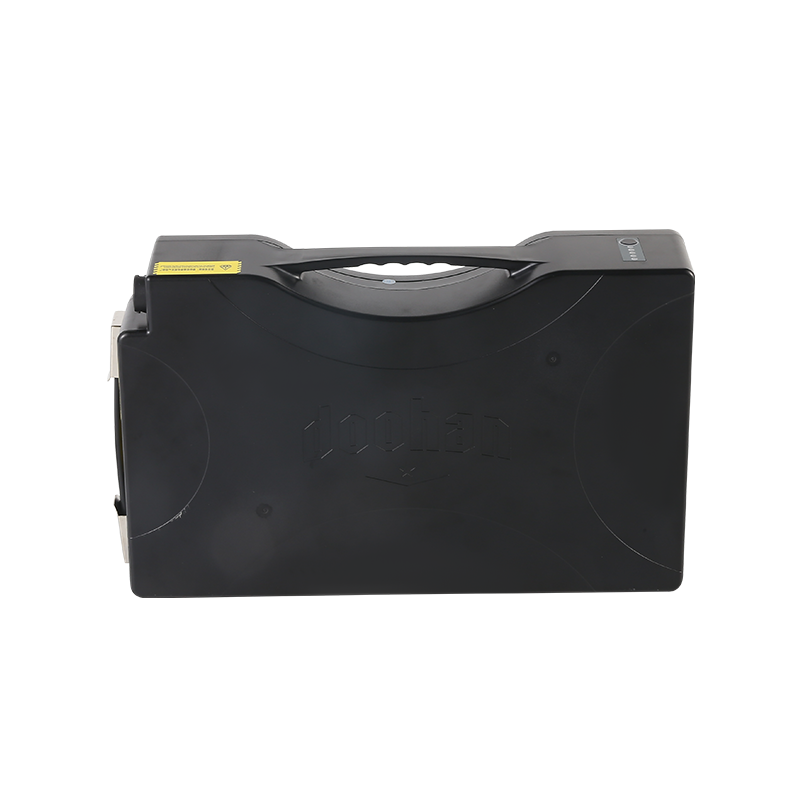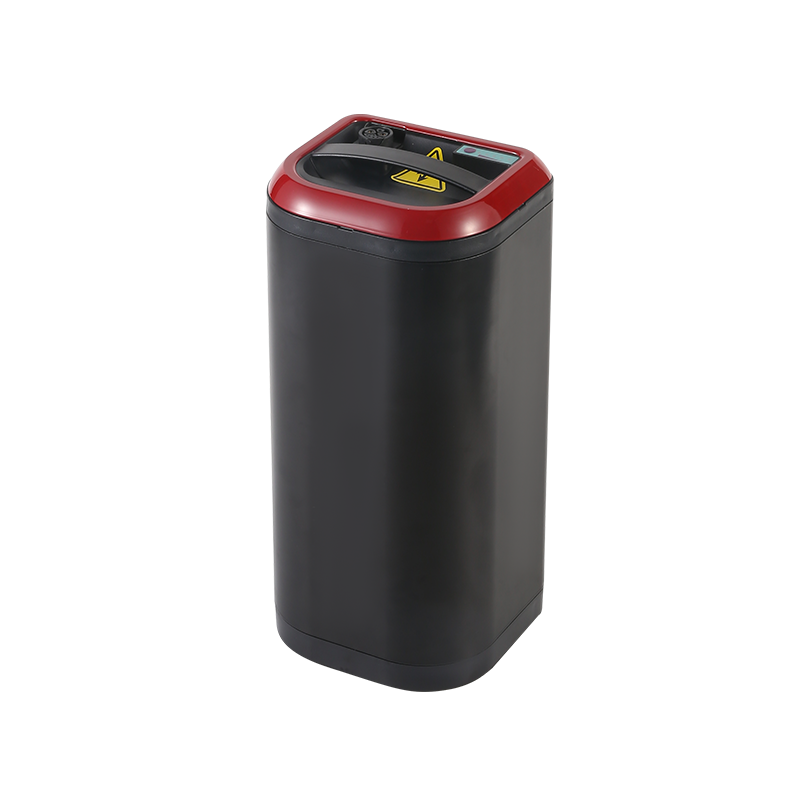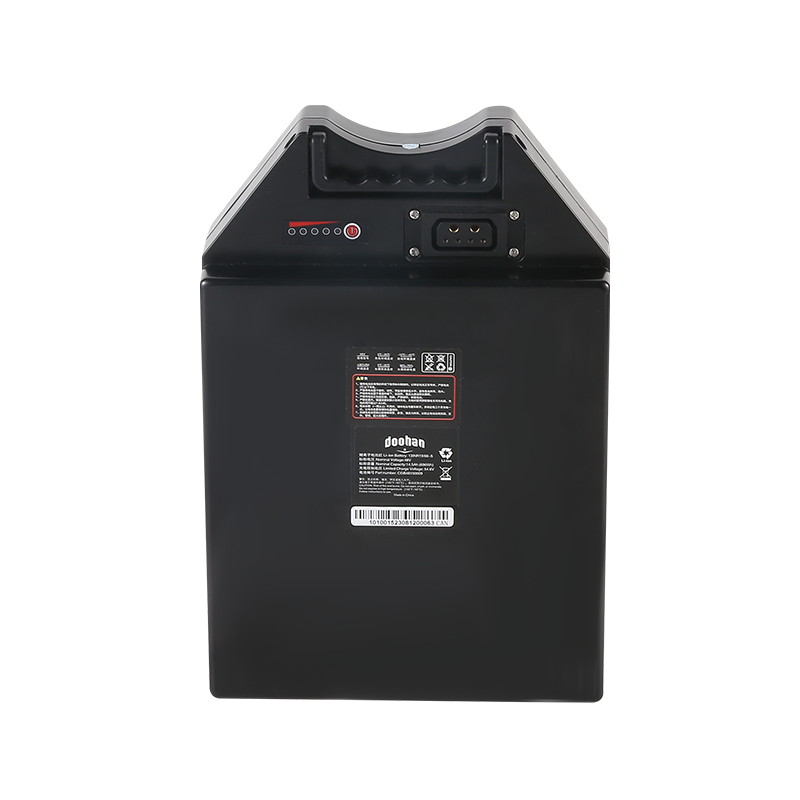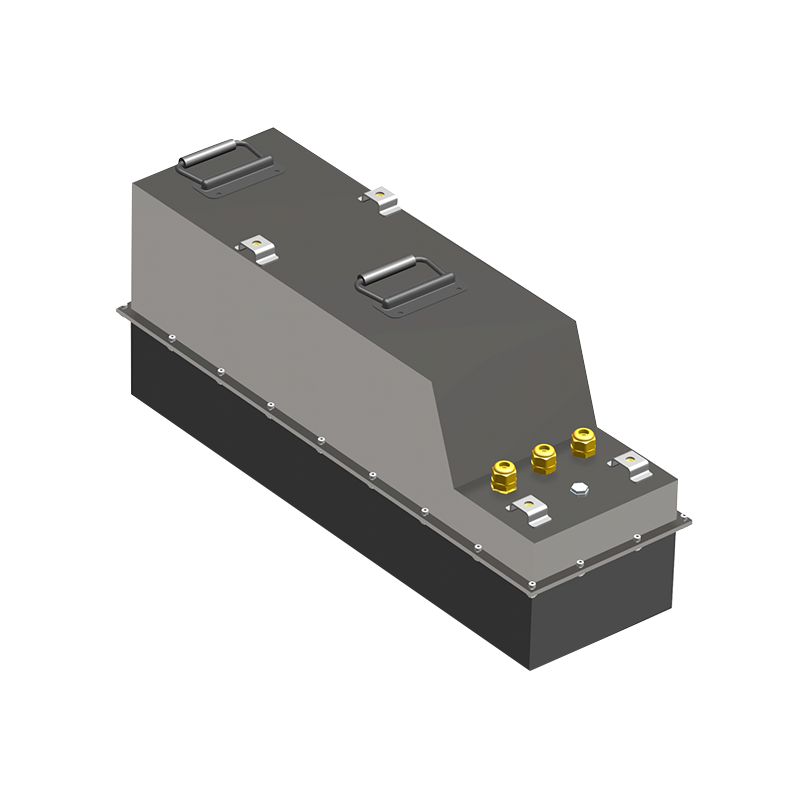Web Menu
Product Search
Exit Menu
Cylindrical Cell Modules Key Components in Energy Storage Systems
Custom Cylindrical Cell Module Lithium Cranking Battery Manufacturer Producer
Cylindrical cell modules are integral components in various energy storage systems, particularly in applications such as electric vehicles (EVs), renewable energy storage, and portable electronic devices. These modules are composed of individual cylindrical cells, typically lithium-ion, that are arranged and connected to form a larger battery pack.
Cylindrical cell modules consist of several individual cylindrical cells arranged in a specific configuration. The design of these modules focuses on optimizing performance, safety, and efficiency. Key aspects of their design and structure include:
Cell Arrangement: The cells are typically arranged in series and parallel configurations to achieve the desired voltage and capacity. Series connections increase the voltage, while parallel connections increase the capacity and current-carrying capability of the module.
Thermal Management: Efficient thermal management is crucial for the performance and safety of cylindrical cell modules. The design often incorporates cooling systems, such as liquid cooling or air cooling, to dissipate heat generated during operation and prevent overheating.
Mechanical Integrity: The modules are designed to withstand mechanical stresses and vibrations, especially in applications like EVs. Robust casing and protective materials are used to ensure the cells remain secure and undamaged.
Battery Management System (BMS): A BMS is integrated into the module to monitor and control various parameters such as voltage, current, temperature, and state of charge. The BMS ensures performance, safety, and longevity of the battery pack.
Cylindrical cell modules offer several advantages that make them a popular choice in energy storage systems:
Energy Density: Cylindrical cells have high energy density, meaning they can store a significant amount of energy relative to their size and weight. This is particularly important in applications where space and weight are critical factors, such as in EVs and portable devices.
Manufacturing Efficiency: The cylindrical design is well-established and widely used, efficient and cost-effective manufacturing processes. This results in consistent quality and availability of cells for various applications.
Thermal Performance: The shape of cylindrical cells allows for effective heat dissipation, which is crucial for maintaining performance and safety. The cylindrical design minimizes hotspots and facilitates efficient cooling strategies.
Scalability: Cylindrical cell modules are easily scalable, allowing for the design of battery packs with varying capacities and voltages. This flexibility makes them suitable for a wide range of applications, from small portable devices to large-scale energy storage systems.
Applications of Cylindrical Cell Modules
The versatility of cylindrical cell modules makes them suitable for a wide range of applications across different industries:
Electric Vehicles (EVs): Cylindrical cell modules are widely used in EVs due to their high energy density, reliability, and safety. They provide the necessary power for propulsion and auxiliary systems, contributing to the overall efficiency and performance of EVs.
Renewable Energy Storage: In renewable energy systems, such as solar and wind power installations, cylindrical cell modules are used to store excess energy generated during peak production periods. This stored energy can then be used during periods of low production or high demand, ensuring a stable and reliable energy supply.
Portable Electronics: Many portable electronic devices, such as laptops, smartphones, and power tools, utilize cylindrical cell modules. Their compact size, high energy density, and reliability make them ideal for these applications.
Grid Storage: Cylindrical cell modules are also employed in grid storage systems to help balance supply and demand on the electrical grid. They provide backup power during outages and contribute to grid stability by storing and releasing energy as needed.
Cylindrical cell modules versatile design and reliable performance make them suitable for a wide range of applications, from electric vehicles to renewable energy storage and portable electronics.
-

+86-13049701086
-

Stonehuang@CGONEN.com
-

No.88, Huji Road, Taizhou Bay Binhai New Area, Jiaojiang District, Taizhou City, Zhejiang Province, China


